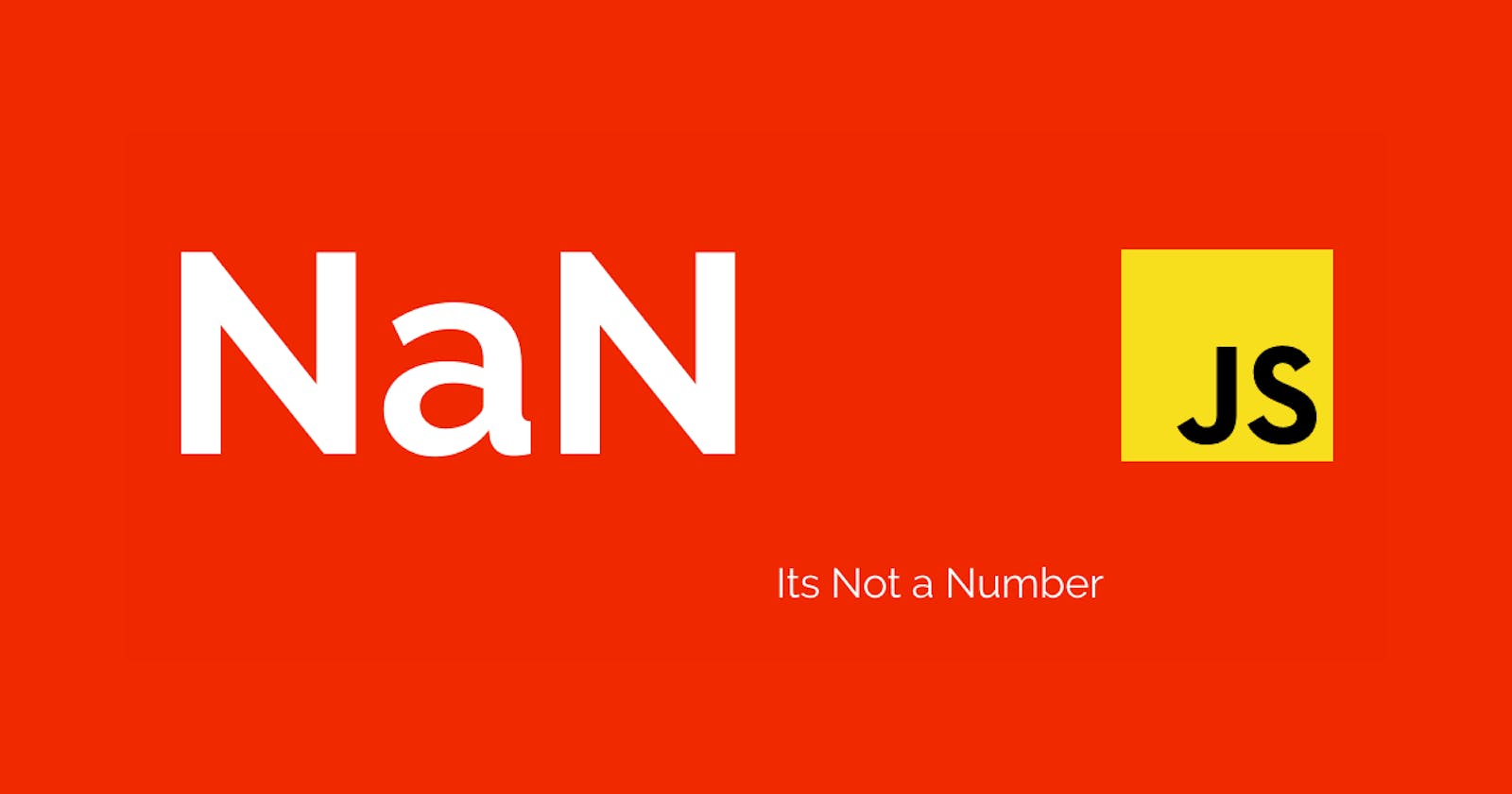According to MDN,
NaN is a property of the global object. In other words, it is a variable in global scope.
The initial value of NaN is Not-A-Number — the same as the value of Number.NaN. In modern browsers, NaN is a non-configurable, non-writable property. Even when this is not the case, avoid overriding it. It is rather rare to use NaN in a program.
Hear the value of NaN is Number.NaN. But, wait!
NaN === Number.NaN // false
Maybe because of the type you think🤔
NaN == Number.NaN // false
Somewhat reasonable explanation started here when I followed the links.
With a lot of confusion around NaN, let us see how we could arrive at a value of NaN. There are 5 different operations which could result in NaN.
Numbers that can't be parsed
parseInt('Integer') ⇒ NaN Number('%^@#') ⇒ NaNMath operation where the result is not a real number
Math.sqrt(-1); ⇒ NaNThe operand of an argument is NaN
NaN + 20 ⇒ NaN 60 * NaN ⇒ NaNIndeterminate form
0 * Infinity ⇒ NaNAny operation that involves a string and is not an addition operation
"Integer" * 5 ⇒ NaN
For geekier discussions, reach out to me on twitter at @radnerus93, 📥 DM always open.

